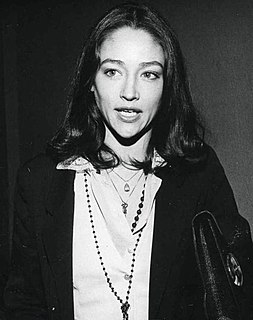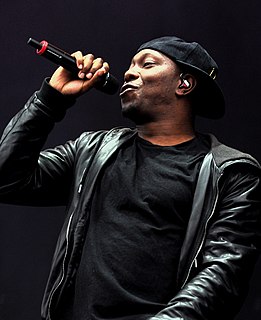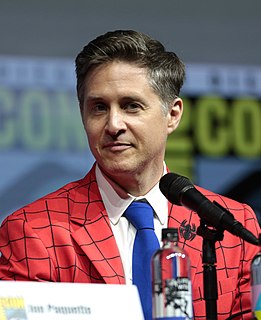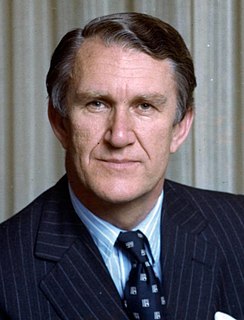A Quote by Arnold J. Toynbee
History not used is nothing, for all intellectual life is action, like practical life, and if you don't use the stuff well, it might as well be dead.
Related Quotes
Be a man. Discover where you are now, and go on from there, making the best of things. accept your life, and you might survive it. If you hold back from it, insisting this is not your life, not where you are meant to be, life will pass you by. You may not die from such foolishness, but you might as well be dead for all the good your life will do you or anyone else.
I love the idea of the big life - the life that matters, the life that makes a difference. The life where stuff happens, where people take action. The opposite of the life where the girl can't even speak to the boy she likes; the opposite of the life where the friends aren't even good friends, and lots of days are wasted away feeling bored and kind of okay, like nothing matters much.
The costs of an ignorance of science are nor just practical ones like misbegotten policies, forgone cures, and a unilateral disarmament in national competitiveness. There is a moral cost as well. It is an astonishing fact about our species that we understand so much about the history of the universe. the forces that make it tick, the stuff it's made of; the origin of living things, and the machinery of life. A failure to nurture this knowledge shows a philistine indifference to the magnificent achievements humanity is capable of; like allowing a great work of art to molder in a warehouse.
It looks like a waste of life, that mowing down of our best years by a relentless passion which itself falls dead on the top of them. But it is not so. Every year I live I am more convinced that the waste of life lies in the love we have not given, the powers we have not used, the selfish prudence which will risk nothing, and which, shirking pain, misses happiness as well. No one ever yet was the poorer in the long run for having once in a lifetime 'let out all the length of the reins.'
Oral history is a research method. It is a way of conducting long, highly detailed interviews with people about their life experiences, often in multiple interview sessions. Oral history allows the person being interviewed to use their own language to talk about events in their life and the method is used by researchers in different fields like history, anthropology and sociology.







































